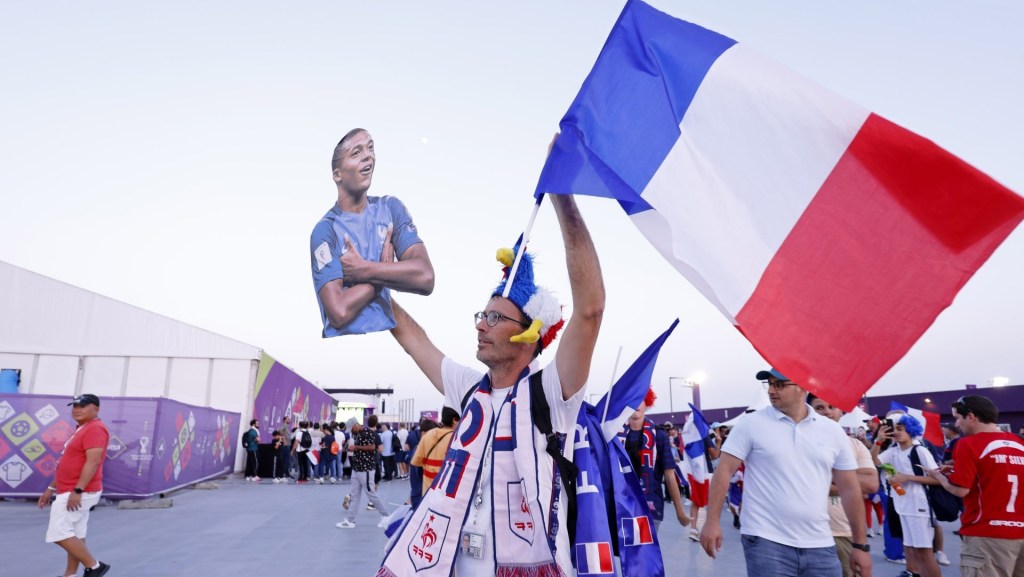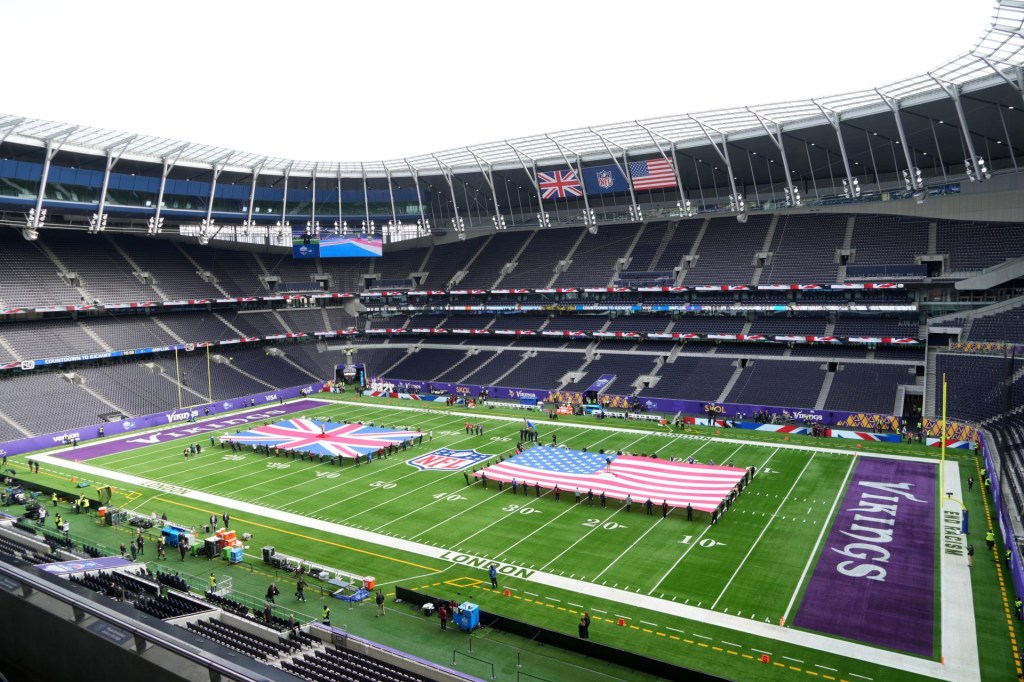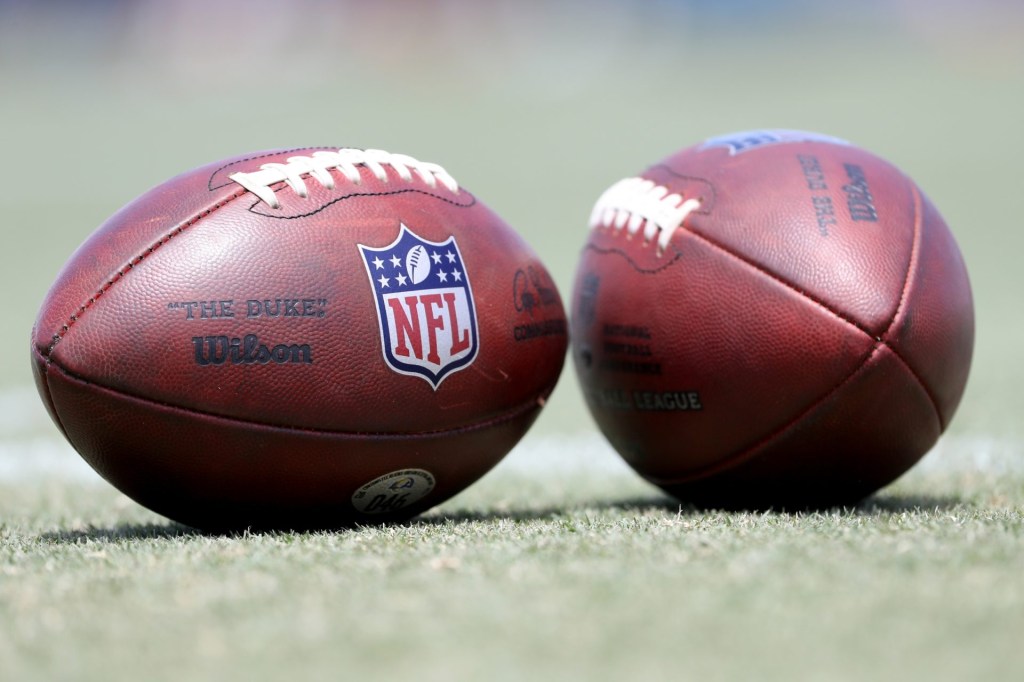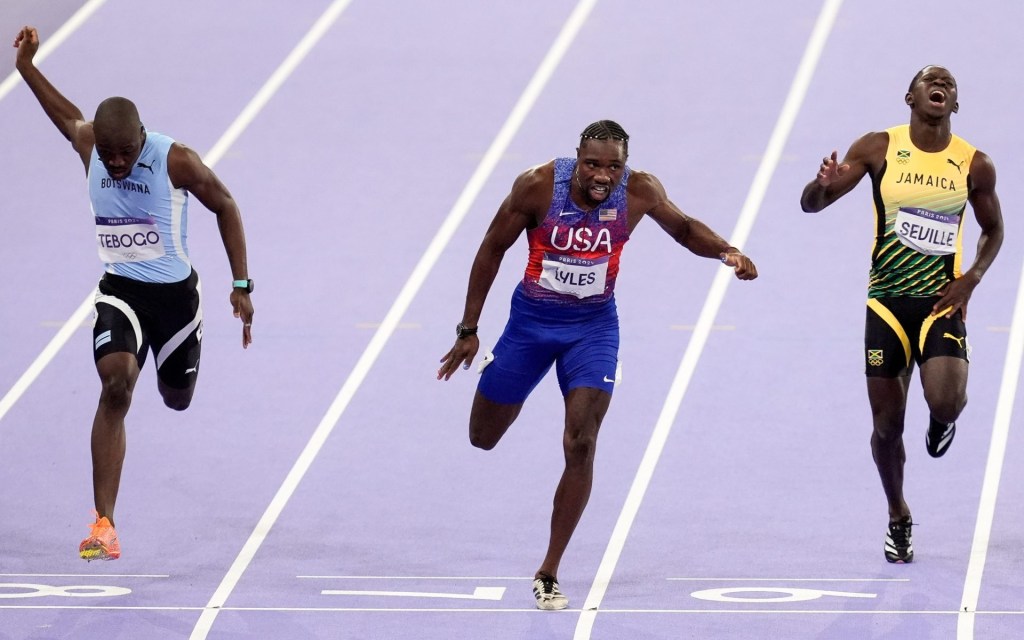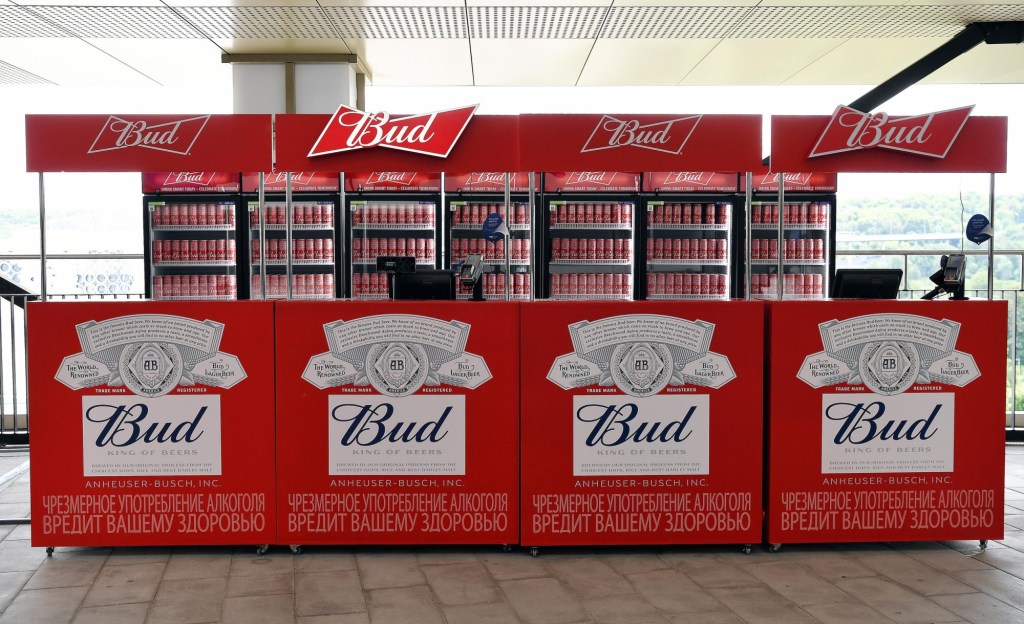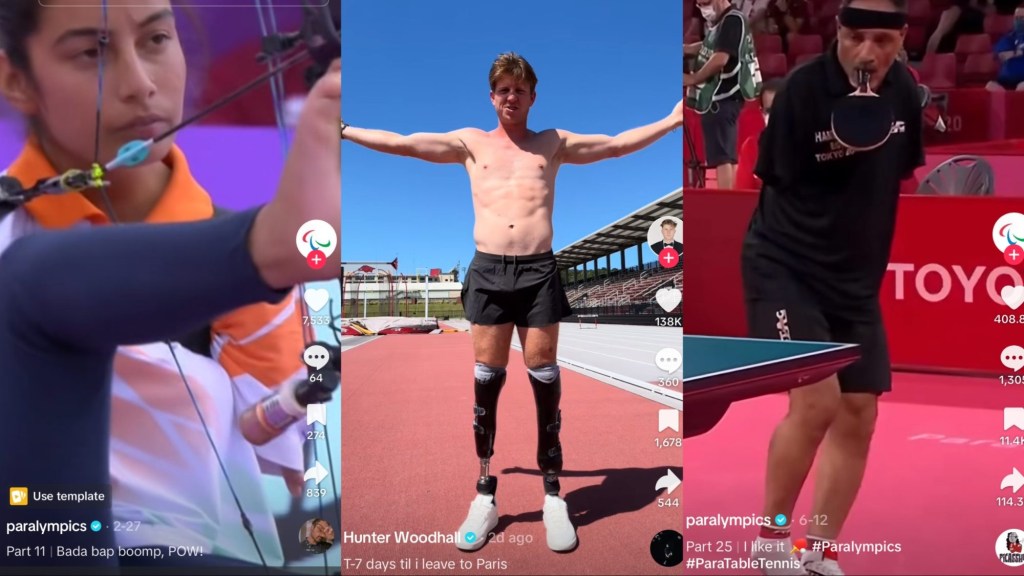Intro
Public concerns around global warming, social equality, community involvement, and other urgent issues have increased over the last two decades, forcing world economies to respond and adapt.
Two standards have emerged in the world of business and investment to measure, evaluate, and hold companies accountable for their level of commitment to these issues.
These standards — known as ESG (Environment, Social, Governance) and its precursor CSR (Corporate Social Responsibility) — have established benchmarks of best practices for companies to benefit society, the environment, and the communities where they operate.
ESG awareness is rising throughout the sports industry — particularly among stakeholders like federations, teams, leagues, athletes, and sponsors.
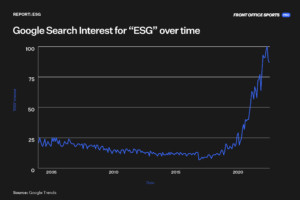
Learning about ESG, its reasoning, challenges, and solutions could help sports executives and decision-makers:
- Set expectations for future operations
- Identify and develop long-term strategies and sustainable solutions
- Allow for the creation and development of new business opportunities
Today’s Pro report will cover the origins and evolution of ESG, why it became an essential topic in the business and investing worlds, its challenges, and its future.
Origins of Awareness
The concept of Corporate Social Responsibility (CSR) as a form of self-regulation can be traced back to the 1930s when the role of executives and their responsibility toward society started to be discussed in the literature.
The problem was that CSR quickly became a marketing buzzword utilized in every presentation, public announcement, or speech given by executives. It was essentially a PR cover, used mainly to appear conscious.
Due to varying levels of subjectivity and verification — and the resulting difficulty in holding companies accountable — CSR quickly lost whatever influence it had.
But with new technologies and data capabilities, good corporate governance became easier to monitor, which led to the evolution of what became ESG.
A More Efficient, Popular Metric
“Environment, Social, Governance” has proven more quantifiable.
An ESG Rating — calculated by data aggregators such as MSCI, Sustainalytics, RobecoSAM, and CDP using hundreds of data points — will measure a company’s resilience to ESG risks, exposure, opportunities, and management relative to its peers.
This metric is used internally for compliance — but externally for:
- Potential investors who want to understand the values of the organization
- Consumers who care and are more willing to buy ethically sourced, environmentally aware, sustainable products — even if it means paying a premium
Such standards are increasingly popular with younger generations: A survey from Morningstar has even found that millennials and Gen Z are highly interested in impact investing and more likely to factor ESG into investment decisions.
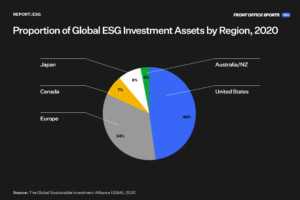
The ESG metric has also gained significant ground in public markets. According to the Global Sustainable Investment Review (GSIR), ESG-oriented investing topped $35.3 trillion in 2020 — up over 10% since 2018 and almost 12x from 2004.
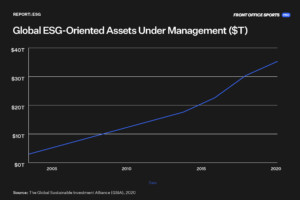
Additional research suggests that companies with a high ESG score are generally positively correlated to valuation and profitability, have less overall volatility, and are considered good capital allocators.
Climate Considerations
Protecting and improving the quality of the environment are constant challenges for the sports industry, especially as climate conditions become more and more volatile.
- An unprecedented typhoon in 2019 forced the Rugby World Cup to cancel matches.
- Bushfire smoke disrupted the Australian Open due to deficient air quality levels in Melbourne in 2020.
- The Rapid Transition Alliance Report estimates that if sea levels keep rising at the current rate, many sports stadiums worldwide will be flooded by 2050, including almost one in four in the Premier League, including Chelsea’s Stamford Bridge and West Ham’s London Stadium.
Many aspects of any sports business endeavor — from venue construction through event production to sustainable supply chain management — must factor in issues like energy consumption, waste, and use of natural resources.
Yet as the situation deteriorates, some events have yet to adjust. For example, the 2022 Beijing Winter Olympics were the first to use 100% artificial snow, requiring over 49 million gallons of water.
Following the Paris Agreement and Sustainable Development Goals in 2015, the UN encouraged the sports industry to develop and adopt best practices and raise ESG awareness.
The UN crafted the Sports for Climate Action Framework, signed by over 277 sports organizations, including Arsenal, Formula 1, the Golden State Warriors, FIFA, and the IOC. It also developed the ‘Race to Zero’ initiative, signed by 68 sports entities, including UEFA, McLaren Racing, Sky Sports, and the Premier League.
Social Challenges
While the climate and the environment play an important role — ESG is not only about it.
Social challenges are just as important for the standards too. The goal is to overcome challenges that prevent communities from diversity, inclusion, and equality. Social issues should be addressed by all stakeholders in a company — from the executive leadership to the workforce and the community.
From player welfare, mental health, equal pay, and development of women’s sports to anti-racism, community and grassroots development, and support for small businesses, any sports organization has a diverse set of issues to address.
- The average male NBA player earns $5.3 million a year, compared to WNBA players’ average of $130,000.
- Naomi Osaka had to withdraw from the 2021 French Open due to her anxiety and mental health struggles.
- Research suggests that many athletes still suffer from racial discrimination and sexism today.
Sports organizations worldwide have largely amped their social involvement mostly through local activism, social campaigns, non-profit organizations, partnerships, sponsorships, or investments in charities and local social causes.
At a macro level, some of the most notable campaigns with the highest levels of awareness are UEFA’s “Say No to Racism” campaign and “Black Lives Matter.”
Minorities in Sports Biz, Women in Sports, Right to Play, Women in Sports Tech, and Athletes for Hope are among the most prominent sports organizations focused on social change.
The Trend Toward Accountability
In addition to environmental and social standards, healthy governance practices aim to ensure ethical behavior, transparency, and a positive reputation in the interest of the public trust.
Throughout history, we’ve seen corruption and failure to comply with the law damaging the public perception of multiple sports entities.
- In 2015, several FIFA executives were accused of fraud, money laundering, racketeering, and bribery in awarding the World Cup to Russia and Qatar.
- Netflix docuseries ‘Bad Sport’ features six scandals in sports-related failed governance, such as Italian football’s Calciopoli affair and a drug-trafficking race-car driver.
Governance solutions involve self-regulation, governing bodies, frameworks, transparency, and good incentives that promote ethical behavior.
- NBA Commissioner Adam Silver banned Los Angeles Clippers owner Donald Sterling from the league for racist comments, forcing him to sell his stake in the team.
- PUMA — one of the few sports companies with a perfect ESG score — has made the transparency behind its corporate governance a priority, publicly sharing updated information related to compensation, compliance management, taxes, procedure protocols for leadership, and more.
The Value and Opportunity
Given everything stated above, we can anticipate that more companies will move into the ESG space to create opportunities.
For sports organizations, engaging in ESG and sustainability practices increases opportunities to enhance their reputations and generate new revenues derived from commercial sponsorships with third parties.
- Forest Green Rovers FC — “the greenest club in the world” — is the only vegan football club and the first to be certified as carbon neutral by the United Nations. FGR’s purpose-driven strategy has reported soaring income from sponsorship and commercial revenues tied to partnerships with brands that want to be aligned with their purpose.
- The automotive industry spends around $1.29 billion on sports sponsorships per year– and with the growth of the electric vehicles (EV) market, manufacturers will be looking at sports as a medium to raise sustainable energy awareness.
To develop a successful and authentic ESG strategy, sports organizations must be willing to identify the diverse challenges their businesses face. That accountability can then serve as a marketing tool to attract new partnerships with brands with aligned values.
Perhaps a better world comes with new business opportunities, too.
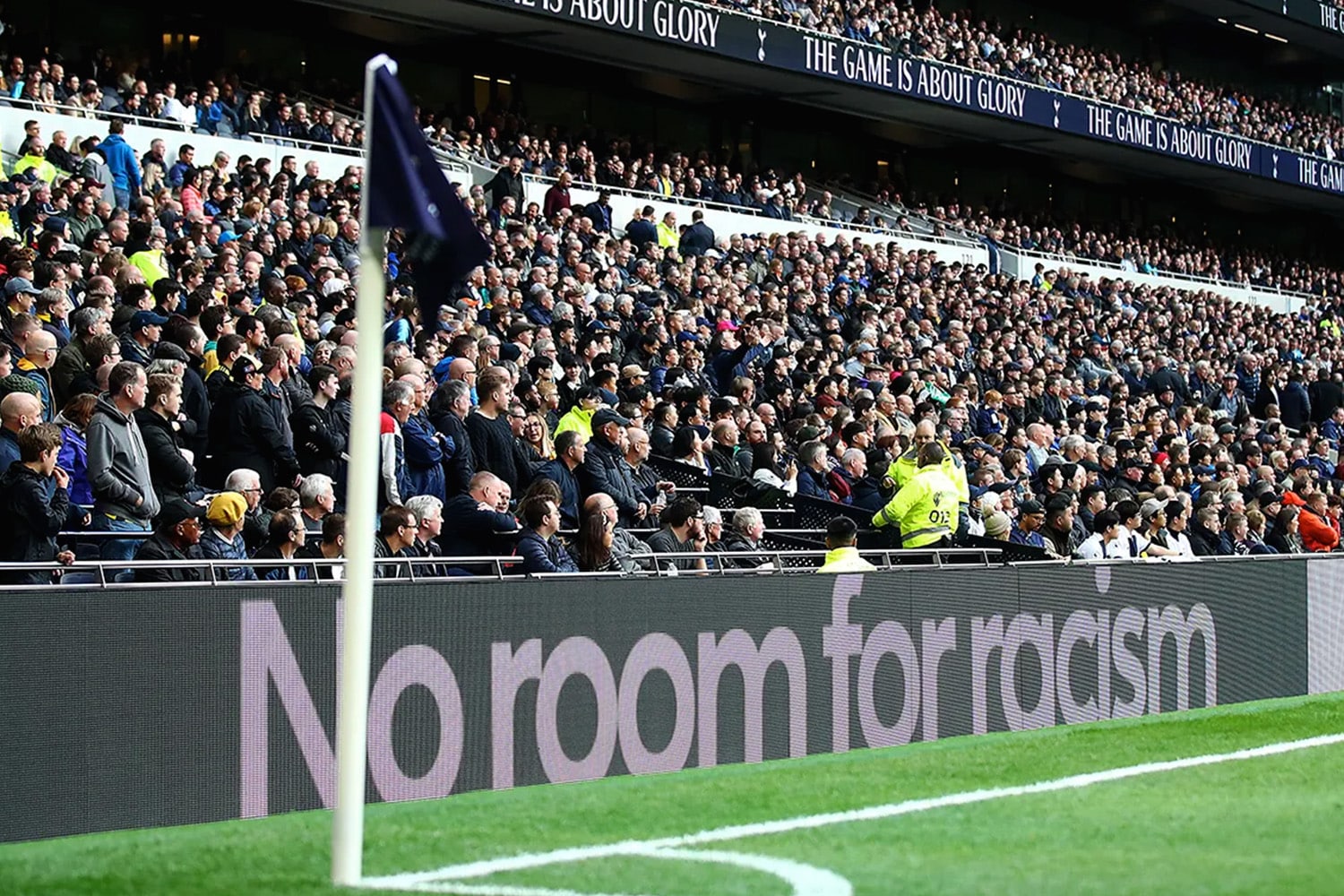
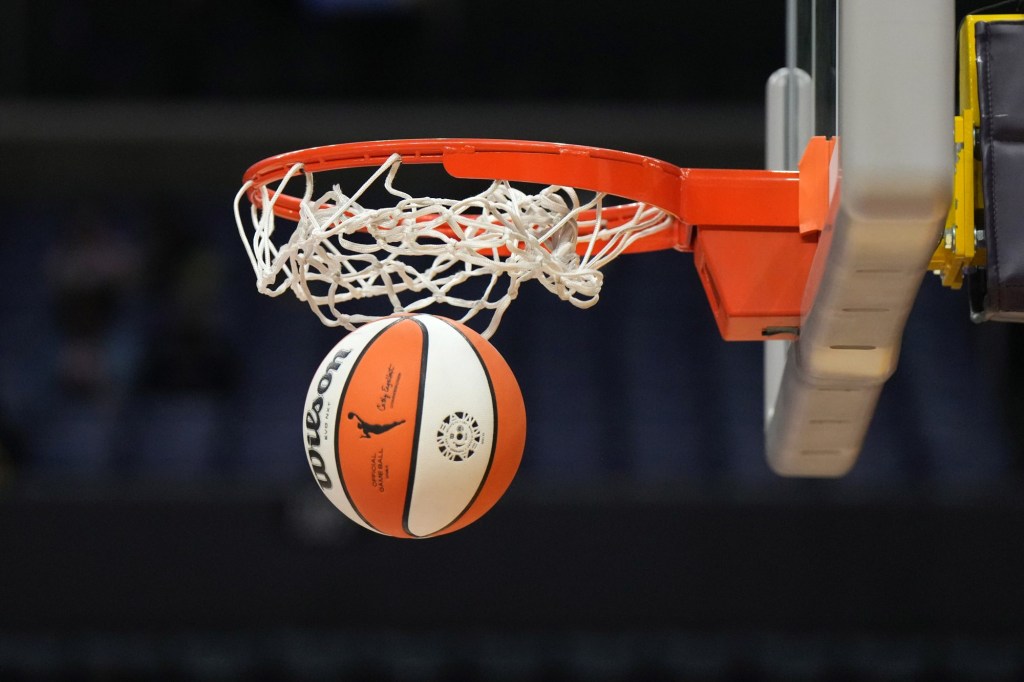


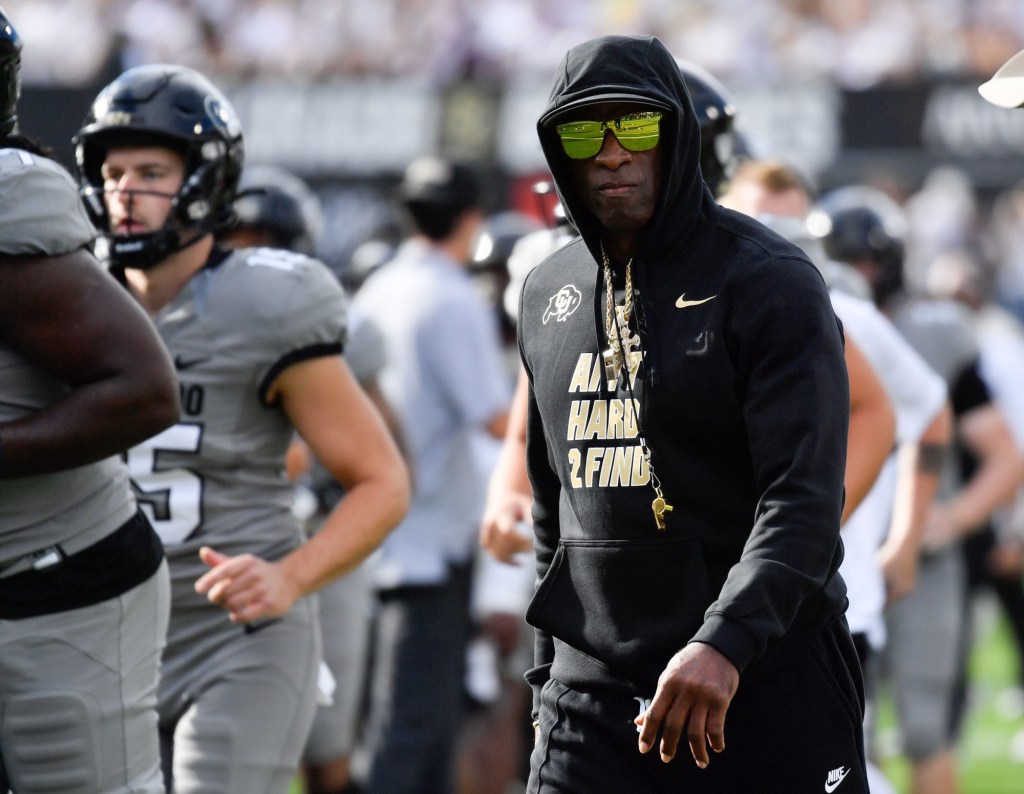
![[Subscription Customers Only] Jun 15, 2025; Seattle, Washington, USA; Botafogo owner John Textor inside the stadium before the match during a group stage match of the 2025 FIFA Club World Cup at Lumen Field.](https://frontofficesports.com/wp-content/uploads/2026/02/USATSI_26465842_168416386_lowres-scaled.jpg?quality=100&w=1024)
![[Subscription Customers Only] Jul 13, 2025; East Rutherford, New Jersey, USA; Chelsea FC midfielder Cole Palmer (10) celebrates winning the final of the 2025 FIFA Club World Cup at MetLife Stadium](https://frontofficesports.com/wp-content/uploads/2026/02/USATSI_26636703-scaled-e1770932227605.jpg?quality=100&w=1024)


